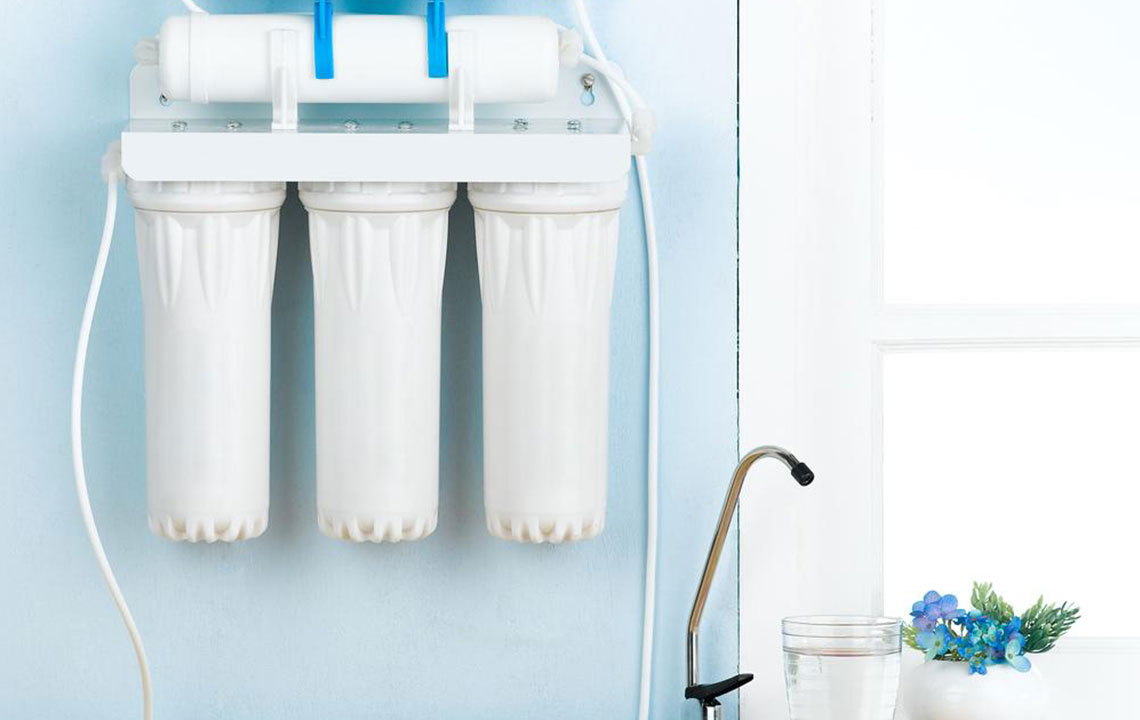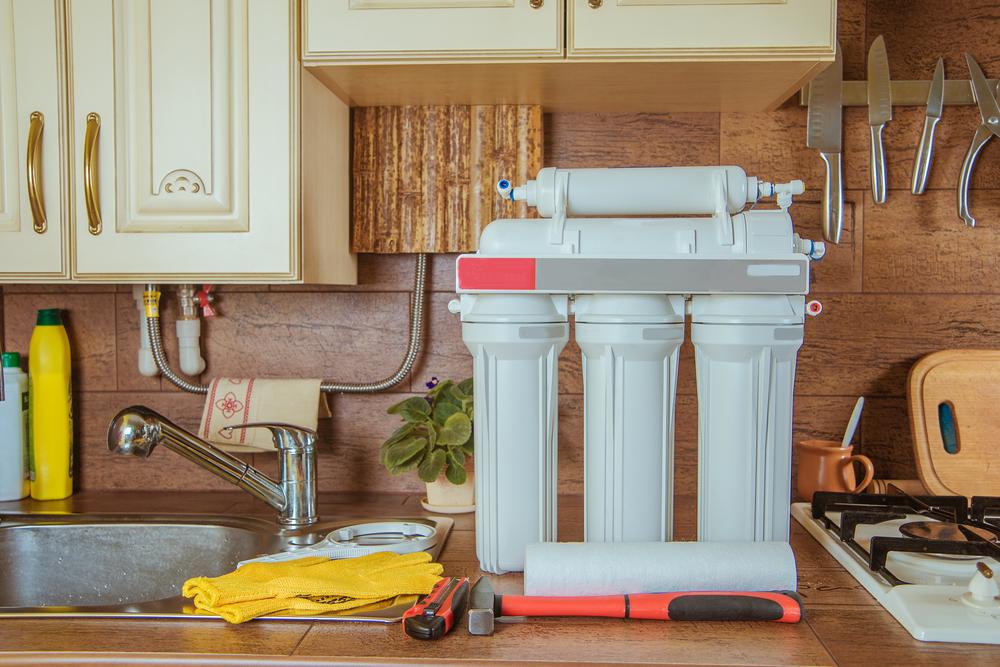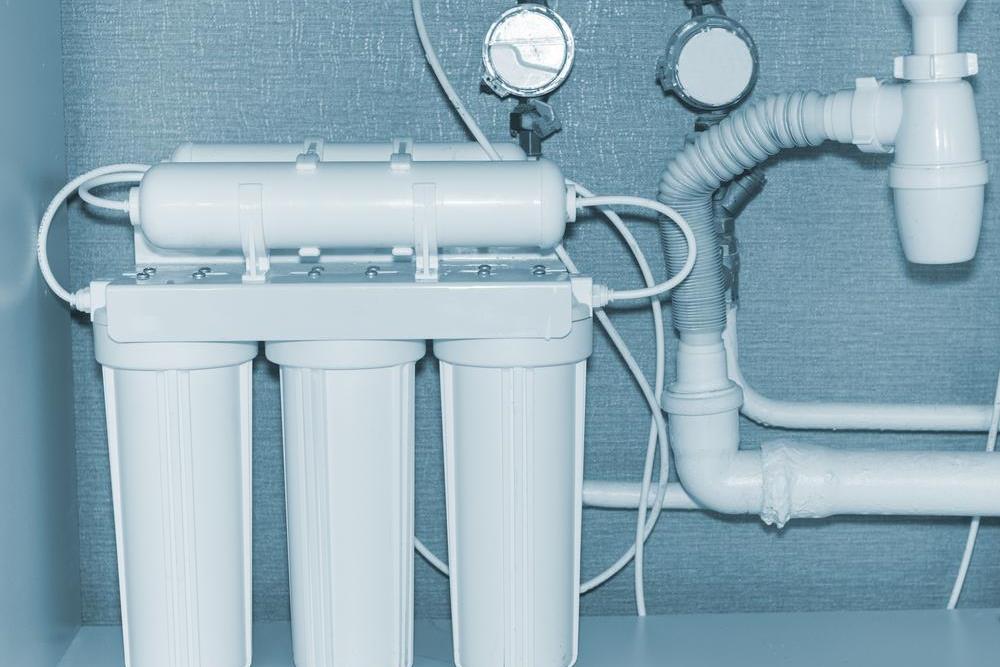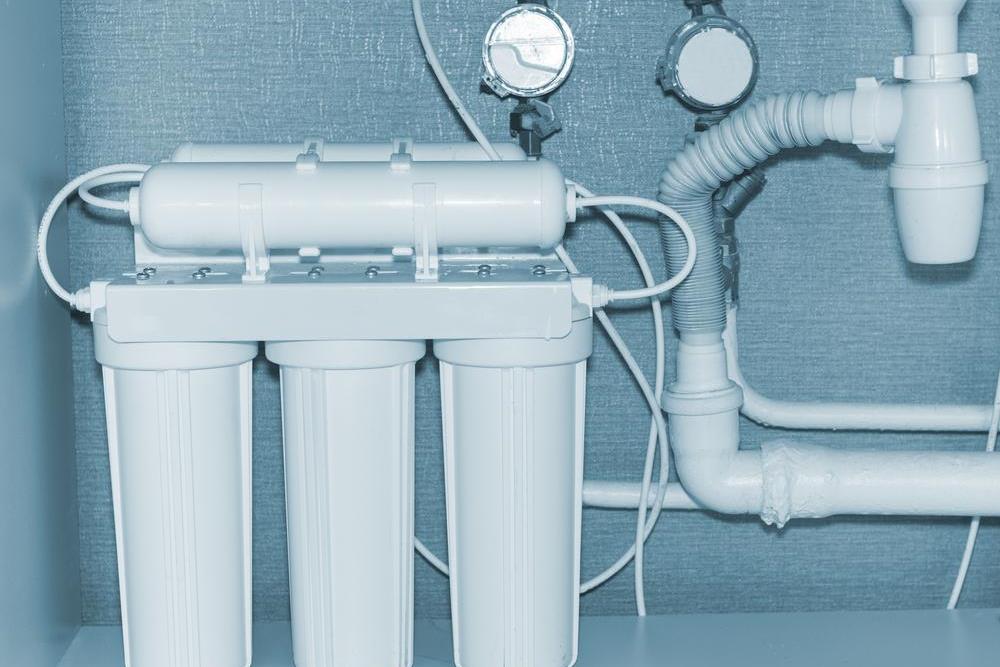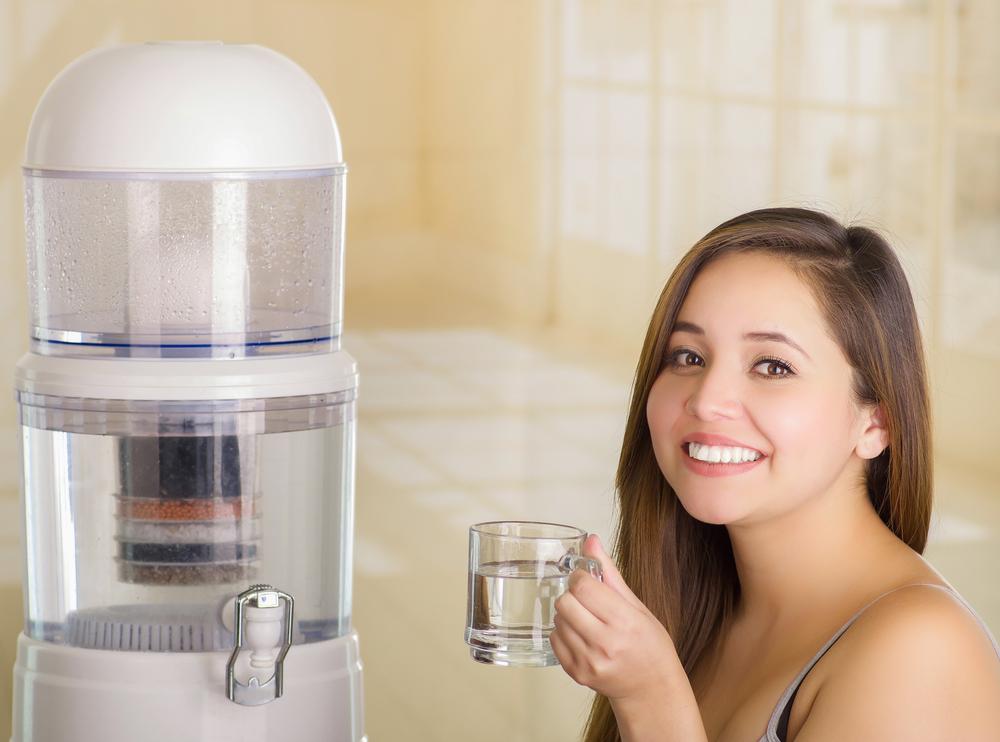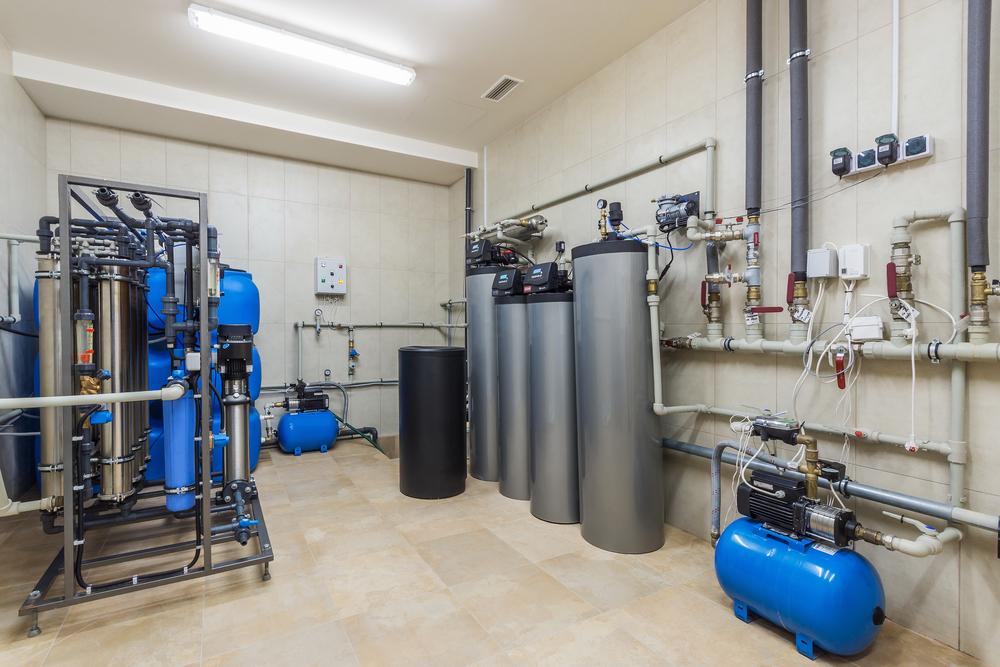Essential Tips for Choosing the Right Water Softener
Learn key considerations before choosing a water softener, including capacity, regeneration process, and safety. Find tips to select the best system suited for your household needs, ensuring effective removal of hard water minerals for smoother, cleaner water. Expert advice helps guide your purchase decision and guarantees optimal performance with minimal impact on the environment.
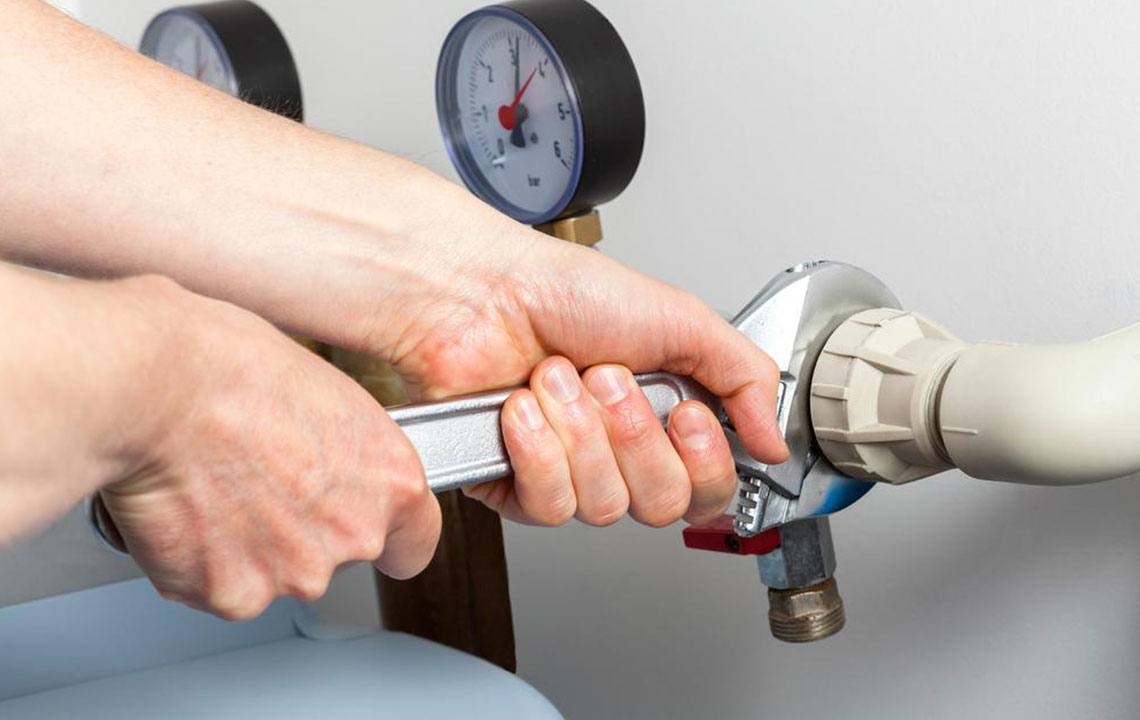
Essential Tips for Choosing the Right Water Softener
Hard water can cause common household issues such as water spots on glassware and a thin film on shower surfaces. Selecting the optimal water softener can resolve these problems, but knowing what to consider is crucial before making a purchase.
A water softener effectively removes calcium and magnesium ions—primary causes of hard water—replacing them with sodium or salt via an ion exchange process. Look for NSF-certified brands that include system monitoring features, such as low-salt indicators, to ensure high-quality softening standards.
What is the grain capacity of a water softener?
The grain capacity indicates the maximum amount of hardness (measured in grains) the unit can treat before regeneration is needed.
How to determine water hardness
This is calculated in grains per gallon (gpg). One grain of hardness equals 1/7,000 pounds of rock. Municipal water supplies often measure hardness in milligrams, liters, or parts per million (ppm). 1 gpg is roughly equivalent to 17.1 mg/L or ppm.
You can inquire with local water authorities or use a testing kit for an accurate assessment.
What does regeneration mean in a water softener?
Over time, the resin beads inside the softener accumulate hardness particles. During regeneration, salt or sodium solution is flushed through the system to remove these deposits. Afterward, the resin is renewed, and the softener resumes providing soft water. For optimal performance, nugget-style salt is recommended.
Is the regeneration water harmful?
No, the waste water produced during regeneration is safe; it does not negatively impact septic systems or soil permeability. The process consumes minimal electricity—comparable to a digital clock.
Softening hot water is especially beneficial. If you follow a low-sodium diet, consult a healthcare professional because cold tap water may contribute to sodium intake, which can be harder to control through cooking and drinking.
Important Note:
The information provided on this blog spans various topics, offering valuable insights and practical advice. While our research and data aim to inform, they should not be considered definitive. We are not responsible for discrepancies or inaccuracies found elsewhere. Additionally, some deals and offers might not be covered here but could be more advantageous for readers.

